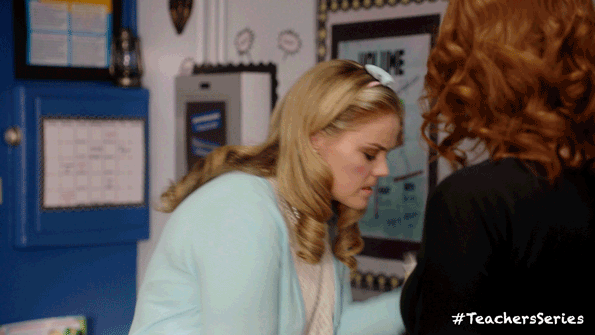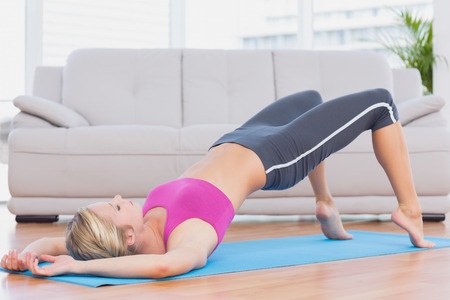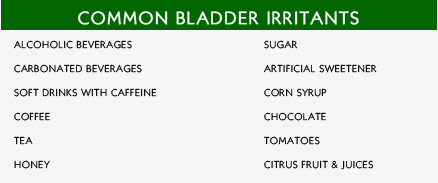There’s literally nothing more annoying then waking up at 4 am every night because my bladder is screaming at me and about to burst. My roommate can attest to this, I’m sure. But why, if I make a trip to the bathroom right before I fall into a deep sleep, does my body wake me up mid-sleep to send me on another trip to the bathroom? How can I possibly balance staying hydrated if my body finds a way to make the constant water chugging a negative, instead?

Gif courtesy of giphy.com
Nocturia, or the need to wake up in the middle of the night to pee, is technically considered “normal” when it occurs approximately once a night, occasionally. Research in the Journal of Urology actually states that “up to 44% of women ages 20 to 40 get up to pee at least once a night, while up to 18% pee at least twice a night.”
But whether it’s normal or not, waking up in the middle of the night is interrupting our sleeping cycles, causing us to be more tired the next day and negatively affecting our health overall.
So, what are some of the most common causes that force us to get rudely awoken by the need to pee?
Medication

Gif courtesy of giphy.com
Basically, if you’re a college student who gets sick, you’re prone to waking up in the middle of the night to pee. Diuretics and cold medicines are typically the medicines that trigger your nighttime pees.
Aging

Gif courtesy of giphy.com
While it doesn’t seem to pose quite an issue for us college kids, it’s important to recognize the problem now because it’s only going to get worse the older we get. Damn.
Drinking too many fluids close to bedtime

Gif courtesy of giphy.com
Simply put, if you’re chugging coffee or alcohol (or even just water) before bed, you’re more likely to wake up in the middle of the night. Coffee also triggers an overactive bladder, so if you drink a ton of coffee, that might be your immediate problem.
Try to spread your hydration habits spread out throughout the day so that you don’t have to guiltily chug 4 cups of water right before you hit the hay.
So how can you make it stop so that you can just sleep through the damn night?
Do Kegel exercises

Photo courtesy of fitwirr.com
Kegel exercises are meant to strengthen pelvic muscles and improve bladder control. Great for you and great for your sleep.
Avoid bladder irritants

Photo courtesy of metromedicalonline.com
Once you’ve eaten dinner, try to avoid things like caffeine, alcohol and spicy foods. As a college student, it might be hard, but sometimes you have to make sacrifices to get a good night’s sleep.
Drink less fluids before bed

Gif courtesy of giphy.com
Probably the most obvious and easiest solution. If you’re staying hydrated throughout the day, you’ll be less inclined to drink a large cup of water before bed.


